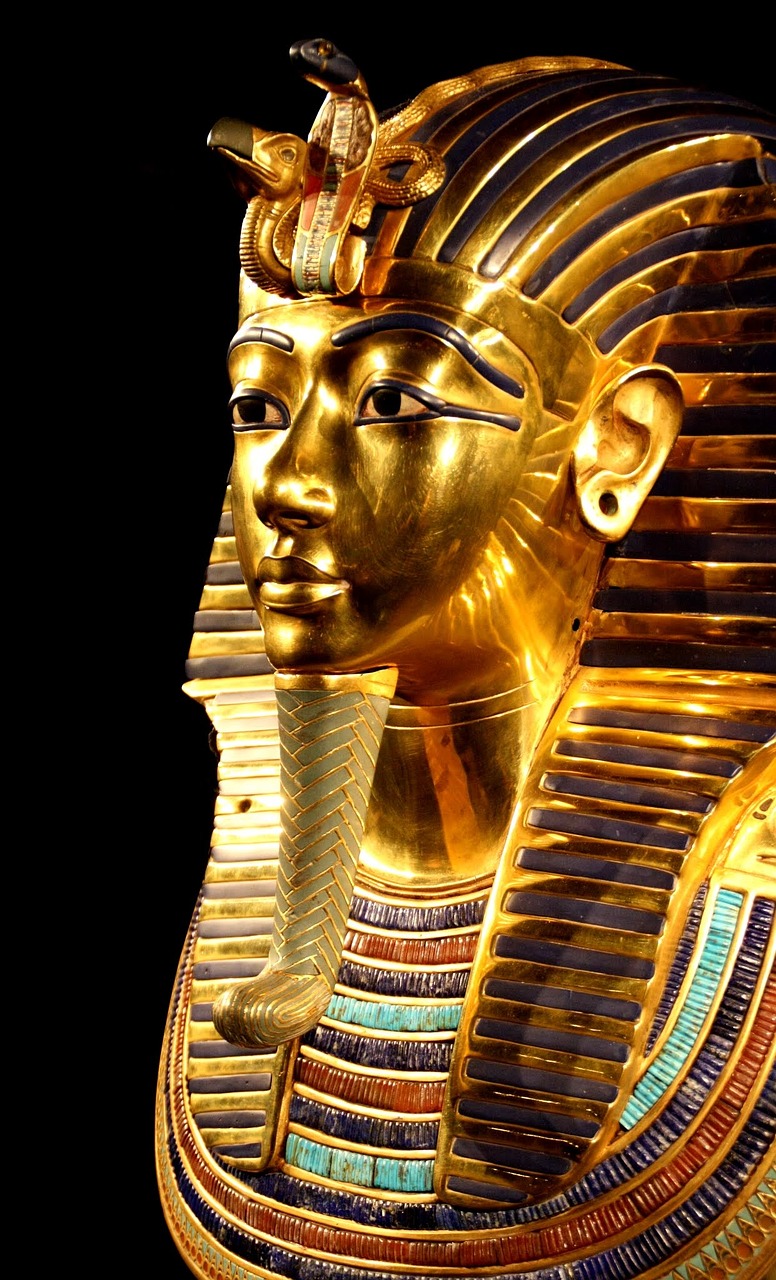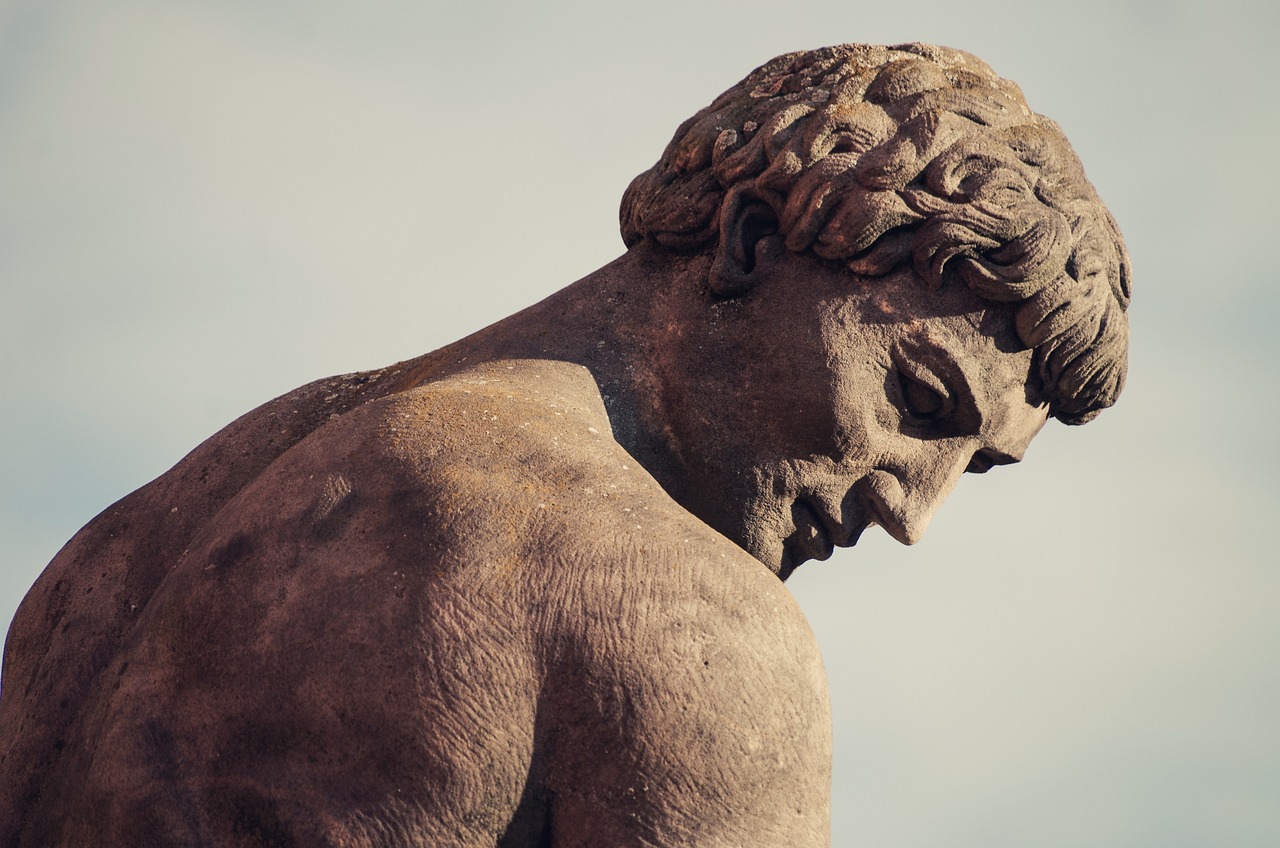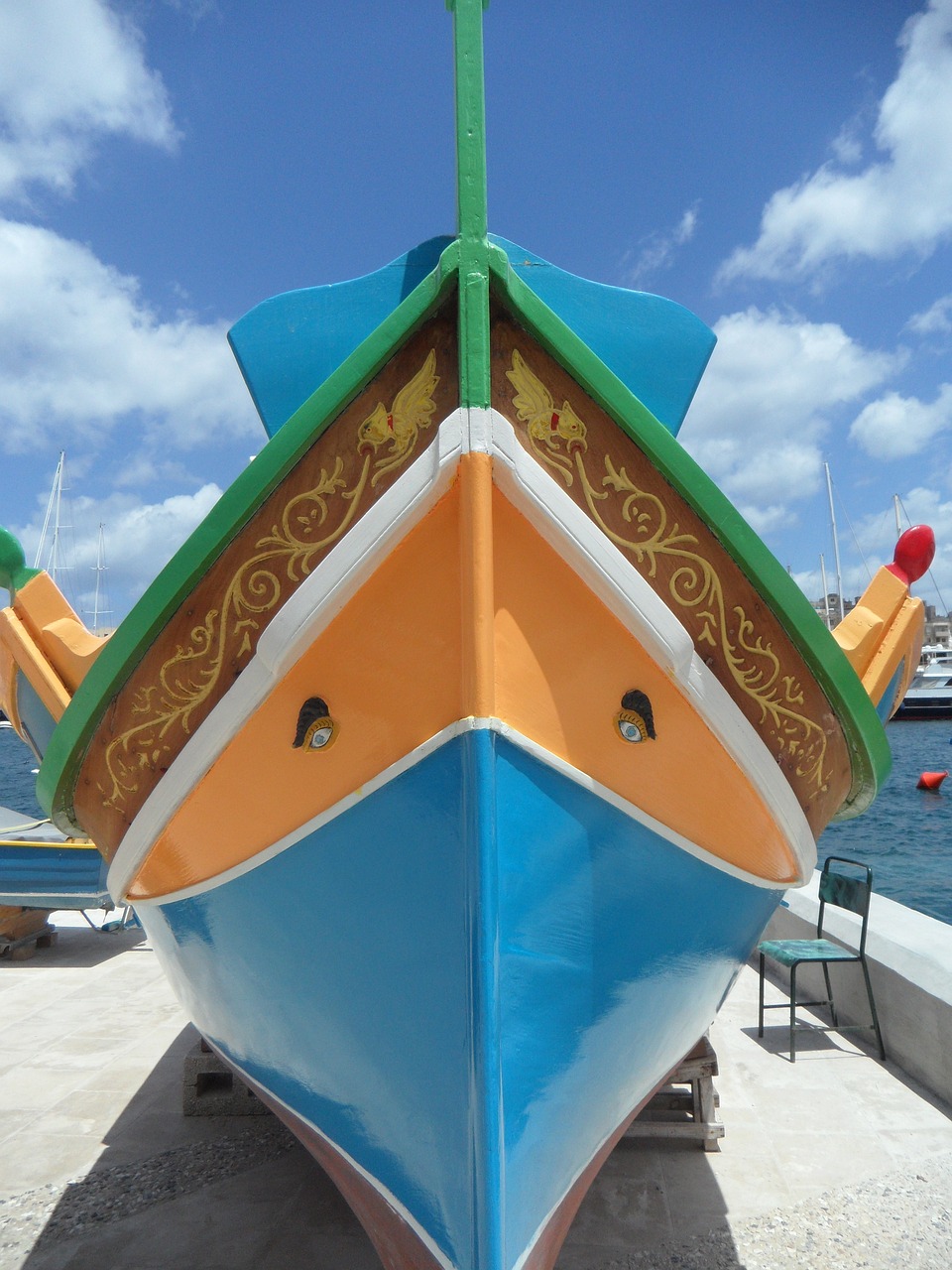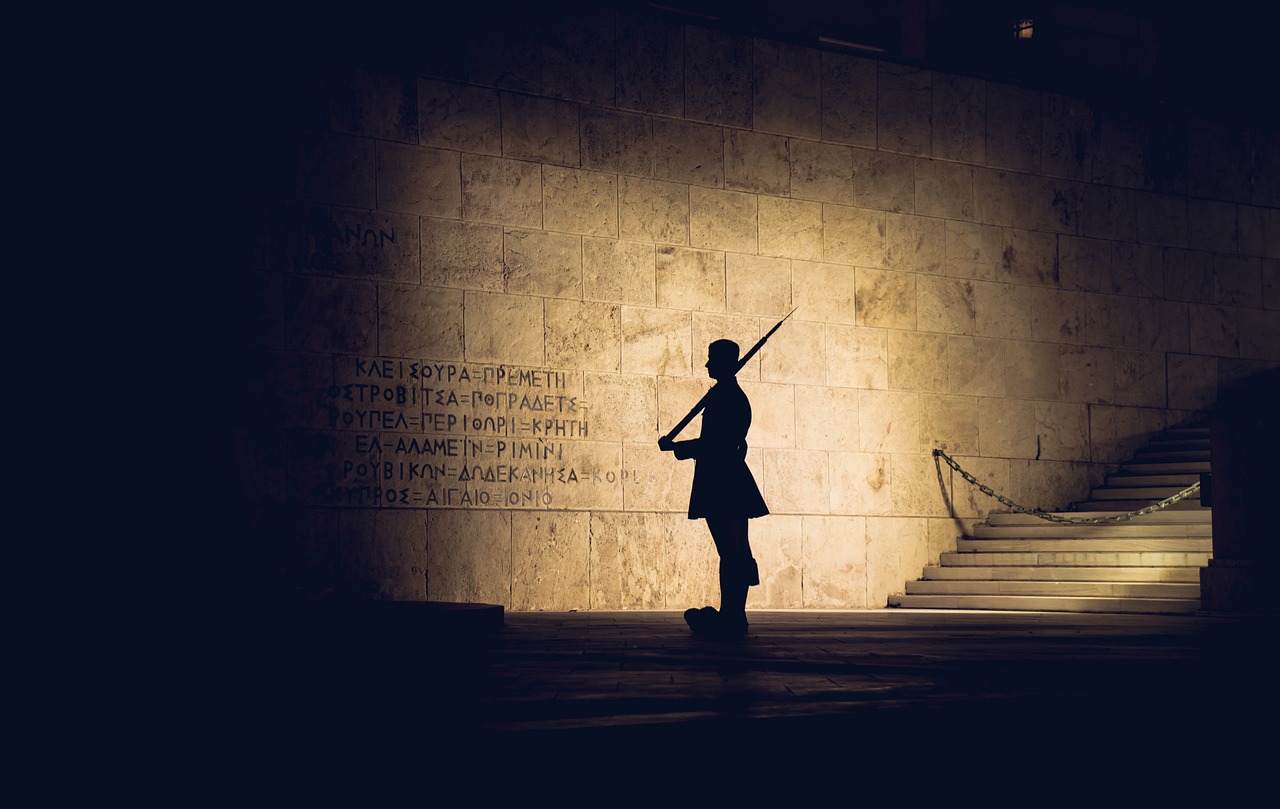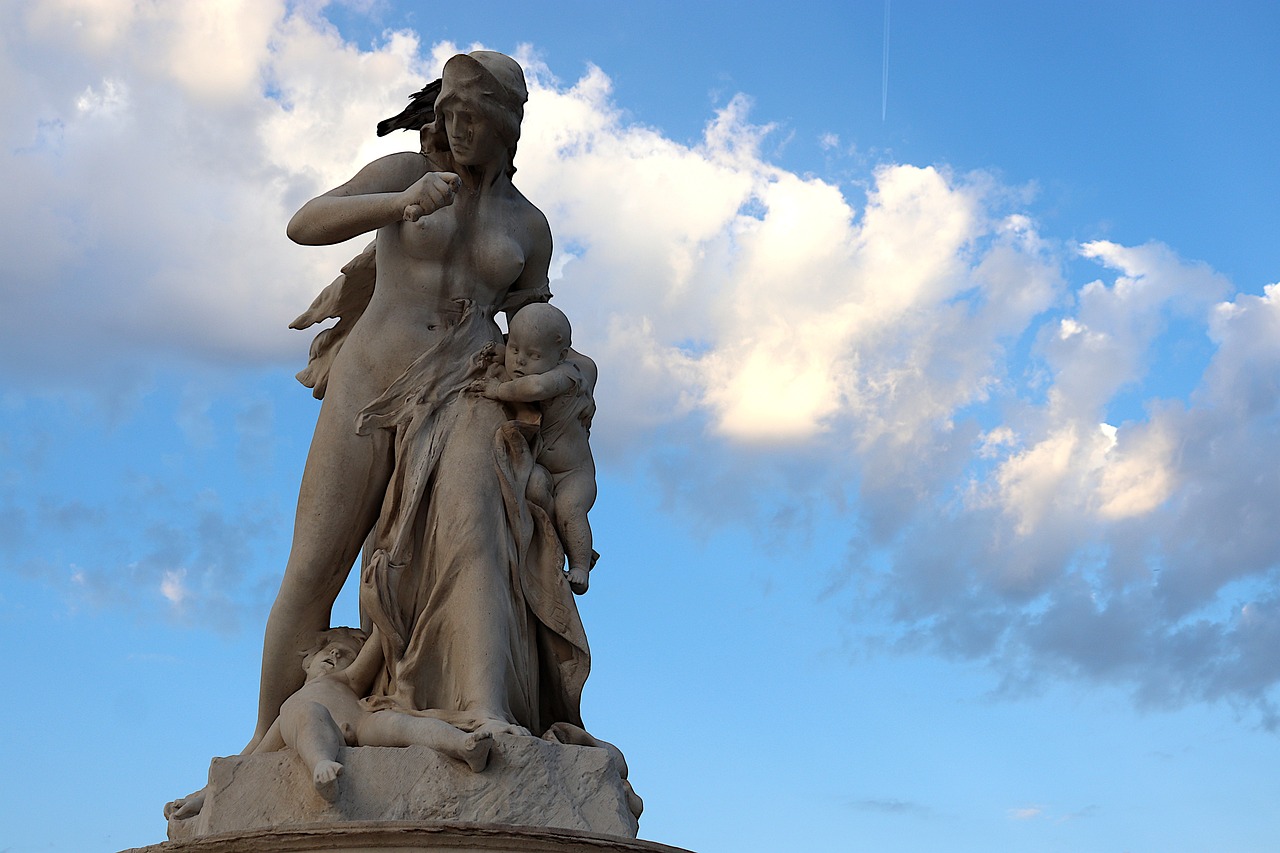Author: Sun WuKong
-
The Legacy of Lugh: An Irish God of Mastery and Valor Overview Lugh, revered as the Irish god symbolizing nobility and craftsmanship, emerged as a formidable warrior and a figure of great intelligence. He held titles such as Ollamh Érenn and was the monarch of the Tuatha Dé Danann, famed for wielding the Spear of…
-
The Concept of Maat in Ancient Egyptian Cosmology The ancient Egyptian worldview is characterized by a series of dichotomies that define its culture and belief system, including Upper and Lower Egypt, the realms of the living and the dead, and the fertile land contrasted with the desert. Among these, perhaps the most significant duality lies…
-
Poseidon, the esteemed deity of the sea, earthquakes, and horses, holds a significant stature in Greek mythology as one of the Twelve Olympians. He is one of the most formidable gods, alongside Zeus and Hades, governing all waters and being particularly revered by sailors and fishermen. Iconography of Poseidon Often depicted brandishing his iconic trident,…
-
Life in ancient Egypt was heavily influenced by the annual flooding of the Nile, which endowed the land with its fertility. Consequently, it is natural to observe these elements reflected in the spiritual beliefs of the Egyptians, particularly through the worship of the crocodile deity, Sobek. Emerging initially as a local god, Sobek attained remarkable…
-
Combining elements from diverse mythologies can yield fascinating character studies, particularly in the case of Balor na Súile Nimhe, known as Balor of the Evil Eye. This figure draws striking comparisons with the cyclopean Polyphemus from Greek myths and the energy-shooting mutant Cyclops from Marvel Comics, creating a unique synthesis of characteristics and traits. Throughout…
-
Egyptian mythology is composed of a diverse array of gods and goddesses, with Osiris emerging as a particularly remarkable figure. This exploration of Osiris will delve into his myths, attributes, and enduring significance in both ancient and contemporary contexts. Who is Osiris? Osiris, a central deity in Egyptian mythology, is often depicted with green skin,…
-
Hercules: The Hero of Myth Hercules is often mistaken for a god, but he was originally born a mortal. His lineage is a tale woven with complexity; his father was Zeus, the supreme deity of the Greek pantheon, while his mother, Alcmene, was related to the hero Perseus. Lore has it that Perseus, another son…
-
Greek mythology encompasses a rich tapestry of narratives that detail the gods, heroes, and rituals of the ancient Greeks during classical antiquity. While certain thinkers, such as the philosopher Plato, acknowledged the fictional elements within these myths, they were largely embraced as truthful accounts by the populace. The enduring legacy of Greek mythology continues to…
-
When Euripides’ “Medea” debuted during the Great Dionysia in Athens, it received a disappointingly low acclaim, placing third behind the works of Sophocles and Euphorion. This reaction can be attributed to how Euripides confronts and challenges the audience’s entrenched beliefs about gender and morality, presenting themes that were both radical and unsettling. For many, it…
-
Overview Hector, a prominent figure from Troy, held the title of prince as the firstborn child of King Priam and Queen Hecuba. His marital union with Andromache produced a son, Astyanax, solidifying his legacy. Renowned for his valor and sense of duty, Hector commanded the Trojan forces in a protracted struggle against the Greeks during…


